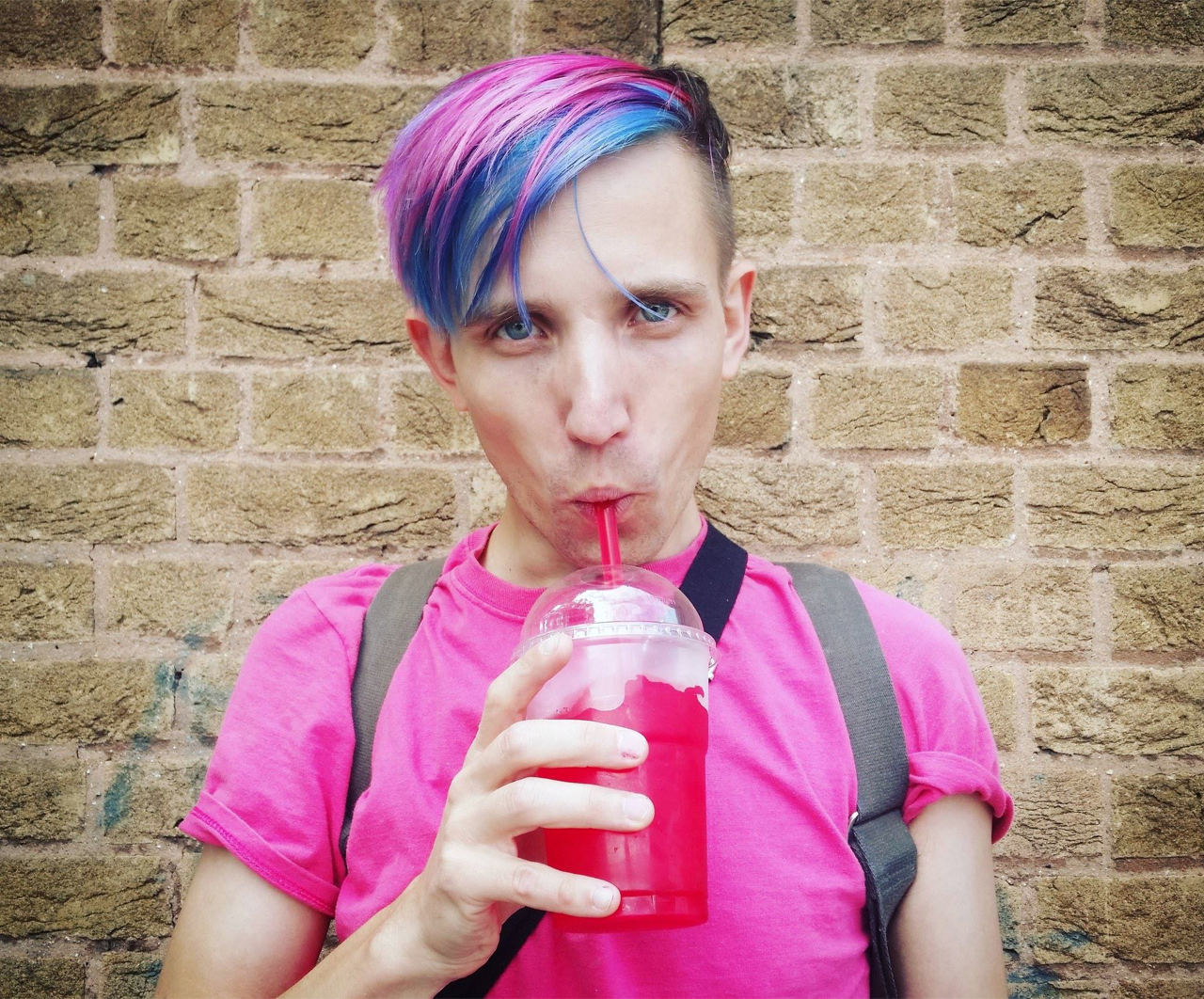Fox Al Rajim

There are many ways to work with sexuality and this time we’re taking our Front Line feature down an artistic route with the life and work of Fox Al Rajim.
Who are you?
In this context I am a photographer. After I studied photography I've spent the last decade trying to work out who I am as a photographer. I grew up in a very strict Muslim environment which really restricted my photography, but, after I left my Muslim home, I ended up finding myself in the queer, poly, kink community. It's only in the last year that I've finally figured out who I am as a photographer and it's someone who has a very, very deep interest in sexuality and how people interact with that. Recently I started exploring my own 'person of colour' identity. I'm very white-presenting and ostracised from my own Muslim community as being white and being western. I came out as Muslim a couple of months ago and the idea of remarrying queer identity and Muslim identity, and taking all the elements and figuring out who I am, and then tying all that back into embracing colour, has been very exciting. I want everything to be full of colour again in my life.
What are you doing?
I offer spaces and freedom for people to be who they are in front of my camera. A lot of the time I'm doing shoots with other female-presenting or female bodied people who feel uncomfortable with male bodied people who hold cameras. There are a lot of unrealistic beauty expectations around and you have to be vulnerable and you have to trust someone else and hope that they see you. Every time I do a shoot I want to see the best version of the person - I don't do any air brushing and very little editing - it's all about what I can capture in that moment.. I do photoshoots for people to explore who they are, their sexuality. I did a couple of playshoots that allowed me to capture the truth about how people love each other in a photo, and that offers them something they've never had before.
Why does it matter?
A large part of it is my own upbringing. I was born female and as a result I had a lot of restrictions on my body and who I am. I wasn't really allowed a voice or to take part in the conversation about myself and the things that would happen to me. The only person to champion my creativity was my grandfather - he's like a little old hustler man who likes partying and being a bit of a rebel and hustled his way into university and London. I've followed in his footsteps. It matters because he lived his truth and I want to live mine. Also I think you don't get to explore your sexuality until you are an adult. You're kind of hiding who you are, especially if you are queer. Being able to explore and capture a sexuality journey through photography – that matters. It matters, too, because it allows you to relinquish control in the world when you're fighting to keep control all of the time. You can explore who you are, your raw primal instincts, through the medium of art.
What is your secret weapon?
My secret weapon is being able to connect with people so that they can become vulnerable. Because of my upbringing I understand what your pain is, what your vulnerability is. I can say that this is a place where you can take that hard shell off, you can put that pain aside for a bit and I will do the same with my shell and my pain and I'm taking my clothes off, and you can take your clothes off. This is now a vulnerable, rebirthing kind of experience and there is a core version of us that can come out here.
What is your favourite flavour of ice cream?
I'm lactose intolerant but on days when I'm wanting to drown all my sorrows or celebrate I really like high quality vanilla ice cream - the kind where I can see the vanilla flecks - the simplicity of it makes me really happy.
How can we show you some love?
My website at www.momographs.com is the only thing I use at the moment. I don't use social media because a lot of my images involve nudity and I don't want to sensor my images when I put them online.











